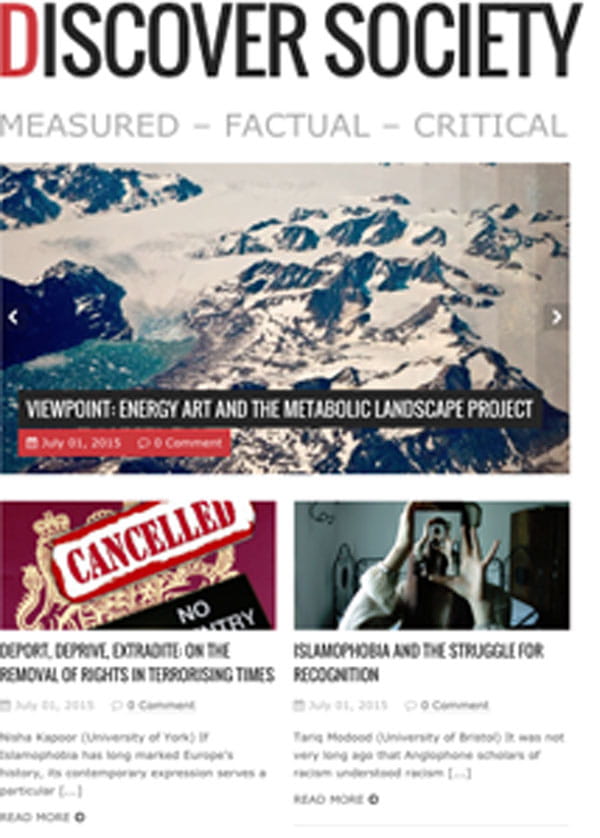-
Education – number of children receiving an education (is there a gender difference?) and literacy levels.
-
Health – including child mortality rates, life expectancy, number of doctors and nurses in relation to population.
-
Democracy – is there a fair and equal voting system for the election of leaders? Are there any restrictions on who is allowed to vote?
-
Gender equality – in all aspects of society including the workplace
Students could investigate the social development of the country they examined in the introduction, before bringing this information together as a class. As a class the students could work to come to an agreement about the social development of all of the different countries – aiming to place them into a hierarchy.
A useful starting point for quantitative data is the World Bank, from which students could try and find more qualitative, explanatory material if needed.
Discover More Social Development, World Development Indicators
 Brought to you by the British Sociological Association
Brought to you by the British Sociological Association Social development, as the name suggests, looks at the societal aspects of a country in order to evaluate the extent to which it is ‘developed’. This can be done by examining factors such as:
Social development, as the name suggests, looks at the societal aspects of a country in order to evaluate the extent to which it is ‘developed’. This can be done by examining factors such as:




